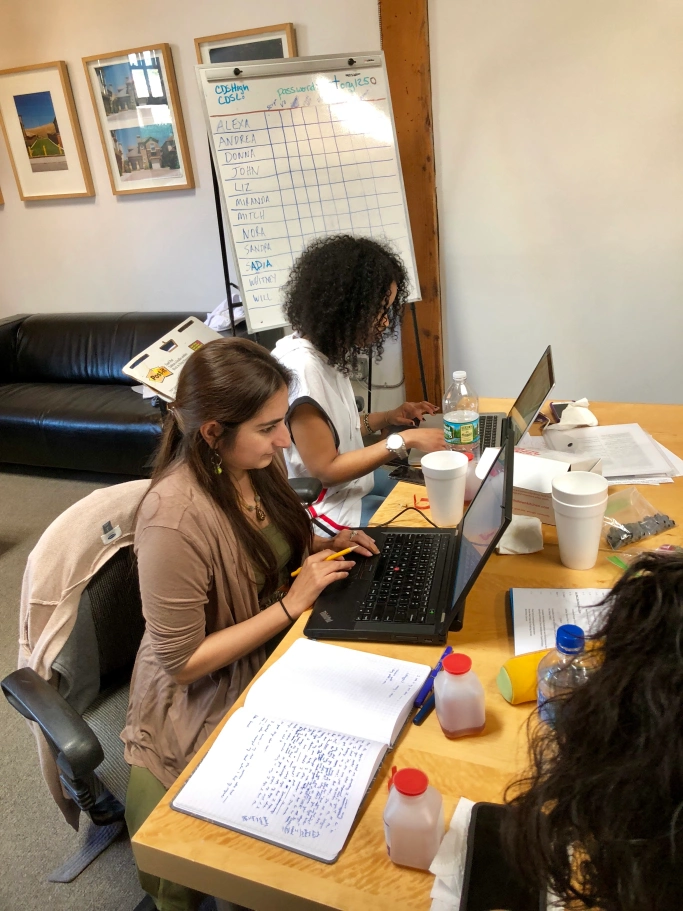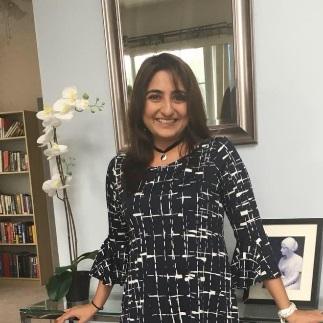By Maryah Haidery
Last December I participated in a Sahiyo activist retreat where I learned the unique power that storytelling has to teach, stimulate, and inspire audiences while offering the storyteller a sense of empowerment and catharsis. That’s why I was excited to reunite with some of the brave women I met on that retreat for a three-day storytelling workshop this past May. Since I didn’t have a clear memory of my own khatna, I decided to focus on the aspect of it which did have a profound effect on me: my relationship with my mother and my struggle to understand her decision.
Although I am and always have been opposed to the practice of FGC, I was nevertheless upset by the ways in which the women who practiced it were portrayed as “heartless monsters” or “unforgiveable child abusers” by the media and by anti-Muslim bigots who were using it as an excuse to justify their stance against immigration. In an effort to change this perception, I agreed to sit down with my mother to discuss FGC with a local radio news reporter. I hoped this would encourage people to see her as a person and try to understand her motivations for doing what she did even if they didn’t agree with it.
I love my mother dearly, but I think the interview left me with more questions than answers, and I wanted to explore a little bit of those conflicting emotions in the story I told in the workshop. I hope my story helps other women who might be going through the same emotions as I did to know that they aren’t alone and that it is OK to not have everything figured out. Everyone needs to decide for themselves what they want or need from the relationships in their lives and if a relationship is worth keeping. Sometimes forgiveness is important – not for the other person, but for yourself.
At first I was really nervous about sharing my story with everyone, but all the women in the workshop were incredibly supportive and encouraging and made the workshop truly worthwhile. I also felt honored to be able to experience each of their incredible and unique stories. In three short days we had bonded over shared experiences, (and incredible food) so even though I only had two sisters when I first arrived at the workshop, by the time I left, I had eleven.
To learn more about Sahiyo Stories, read:

More about Maryah

Maryah Haidery is a medical writer from New Jersey. She graduated from Temple University with a doctorate in pharmacy and completed her post-doctoral fellowship in medical communications at a medical communications company in Princeton. Her interests include writing about oncology, pain management and rare diseases and mentoring students at the University of the Sciences where she served as Adjunct Clinical Instructor. Maryah only recently became aware of the Sahiyo movement through a family member. Although she is new to activism, she believes that it is vitally important to shine light on the long taboo subject of female circumcision in hopes of encouraging real and lasting change. She thinks this is only possible if we can confront the complicated mix of ideas surrounding khatna and critically appraise the practice without necessarily denigrating the people who practice it.

